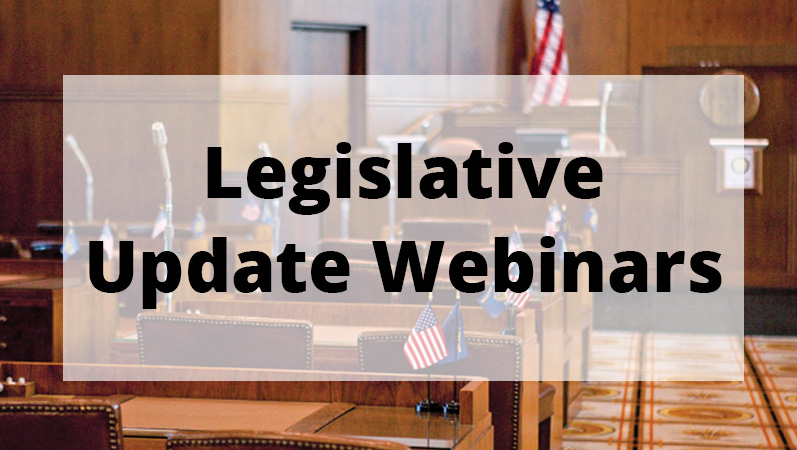Your entry point for contact with legislators is literally their staff. Whether it’s field staff in Oregon for a member of Congress, or the office staff in Salem or D.C., your first impression is critical because staff hold the initial key to access. If you treat them with respect and patience, chances are, you will have more success in future contact.
• Get to know your state legislators, members of Congress and their staff to determine the best way to communicate.
• Calling is effective when you need to get your message across quickly.
• Meeting with elected officials is an essential part of your advocacy efforts. Like you, elected officials have busy schedules, so it is important to get your message across quickly. Generally, they often have more time to meet when they are home in their districts or when the Legislature or Congress is not in session.
• Today emailing has all but replaced more formal letter writing and is a more immediate way to contact elected officials quickly. But don’t discount the value of a written note, especially as a thank you.


